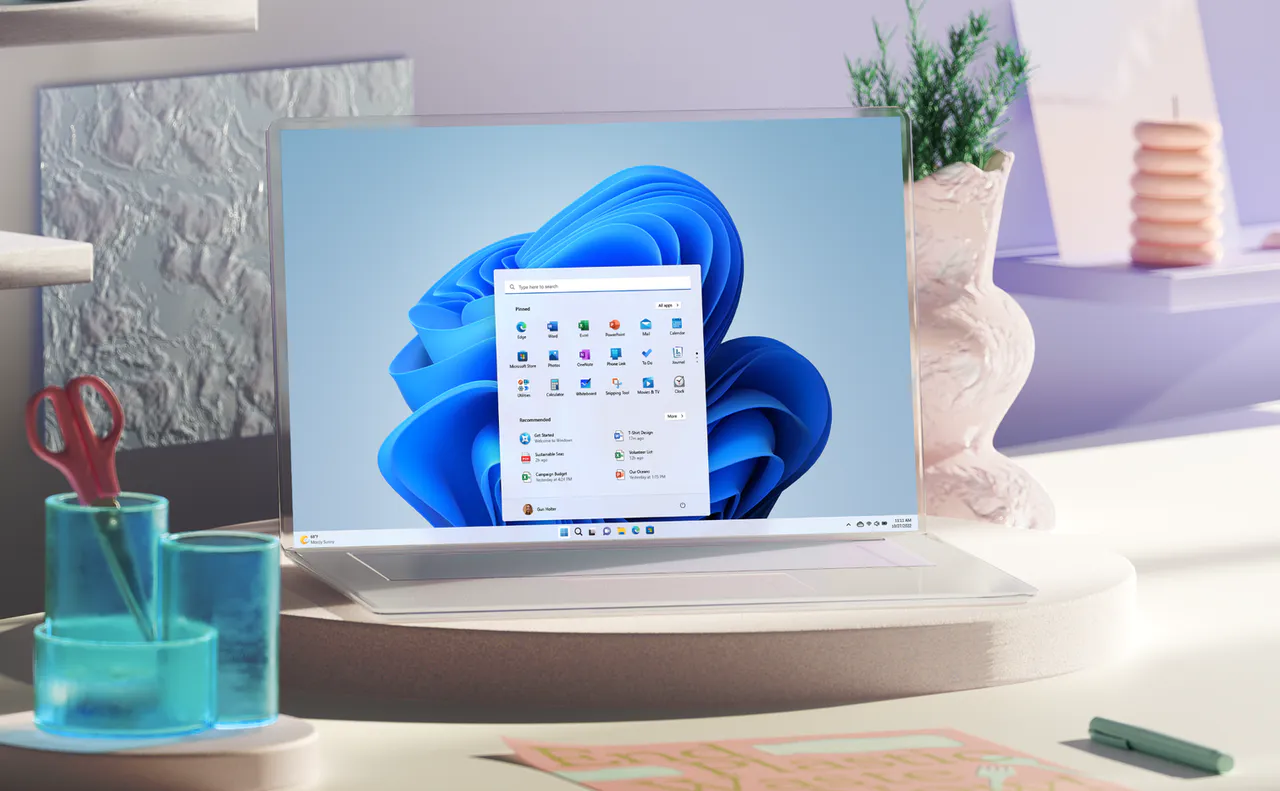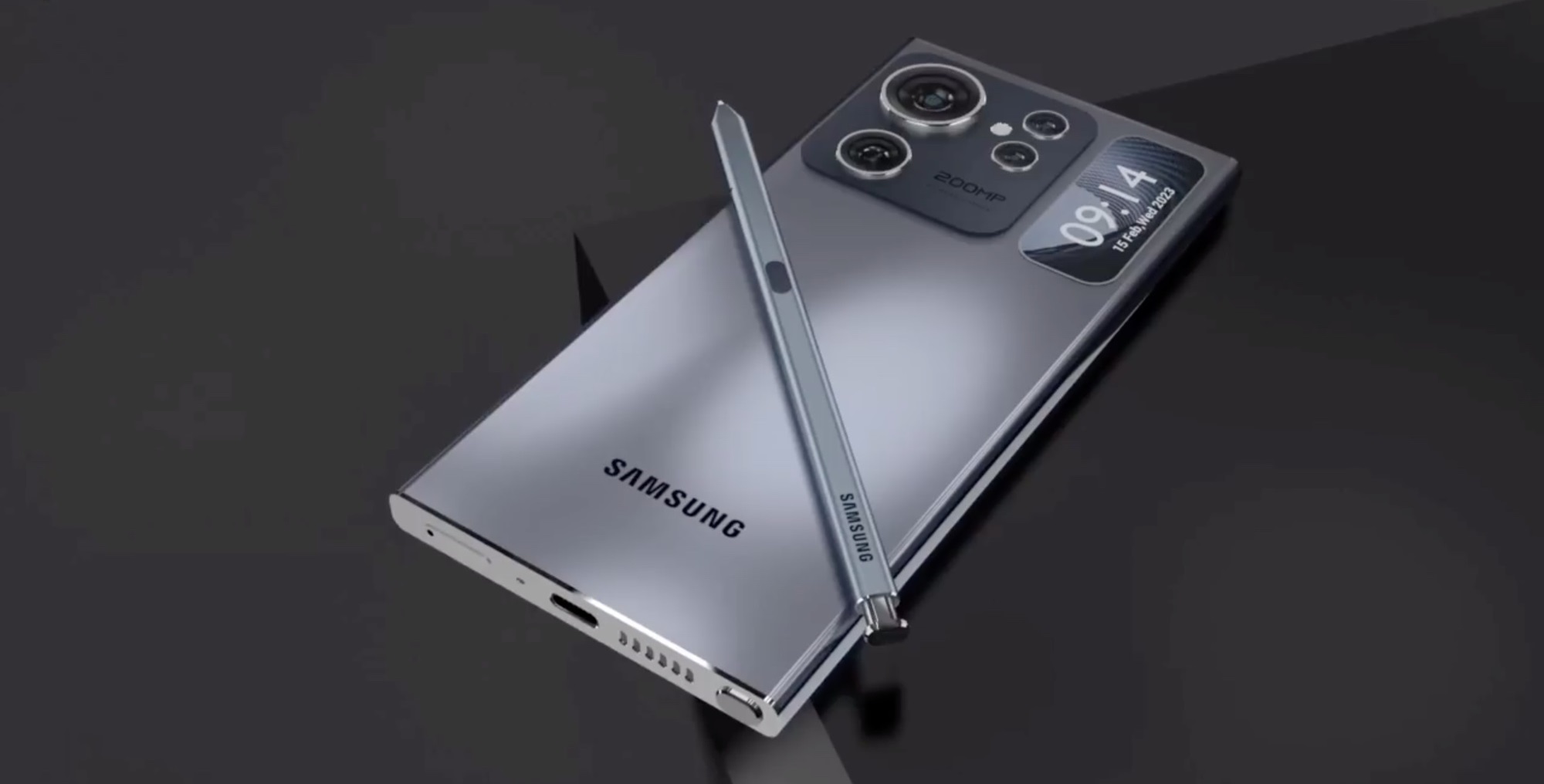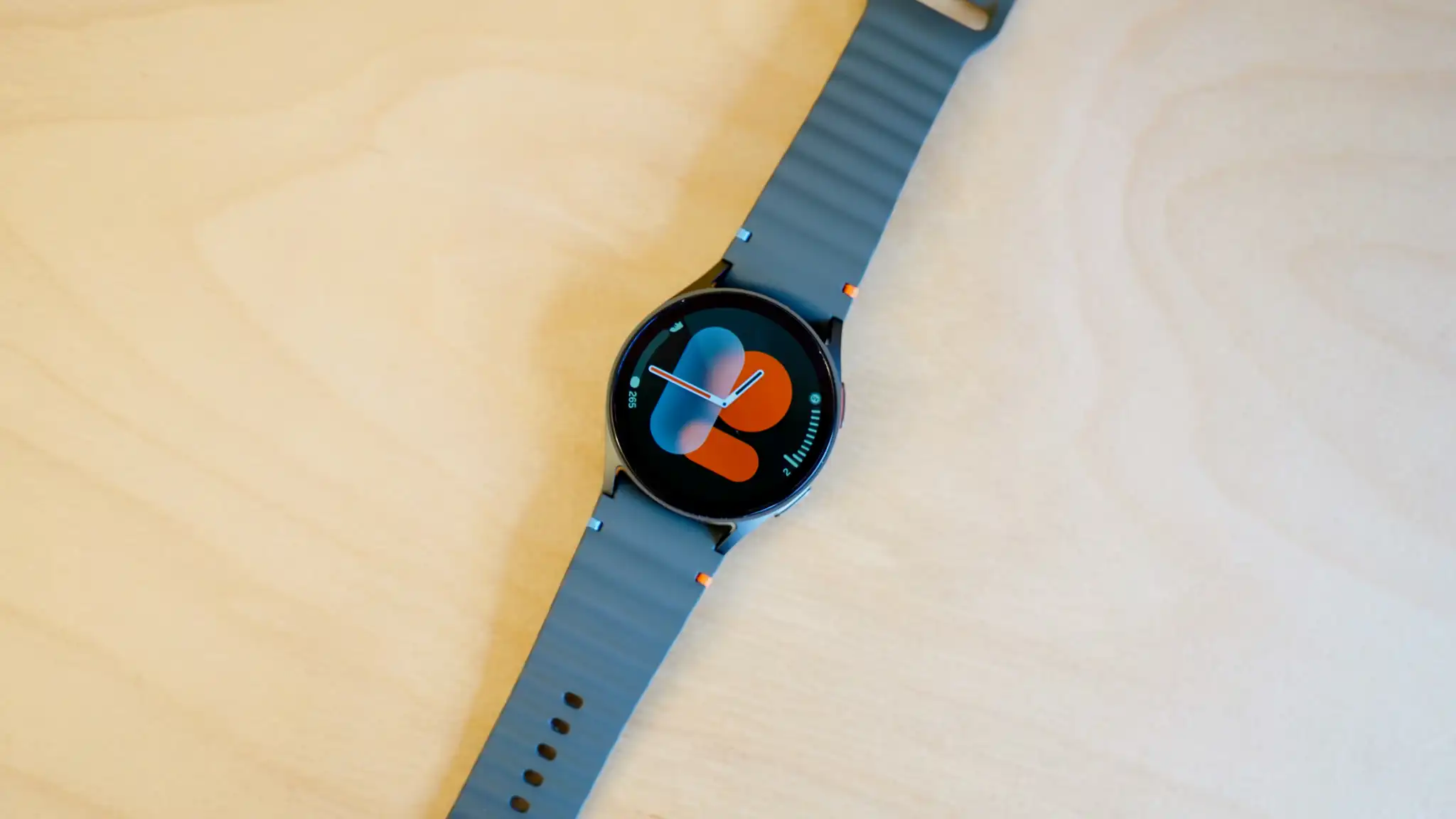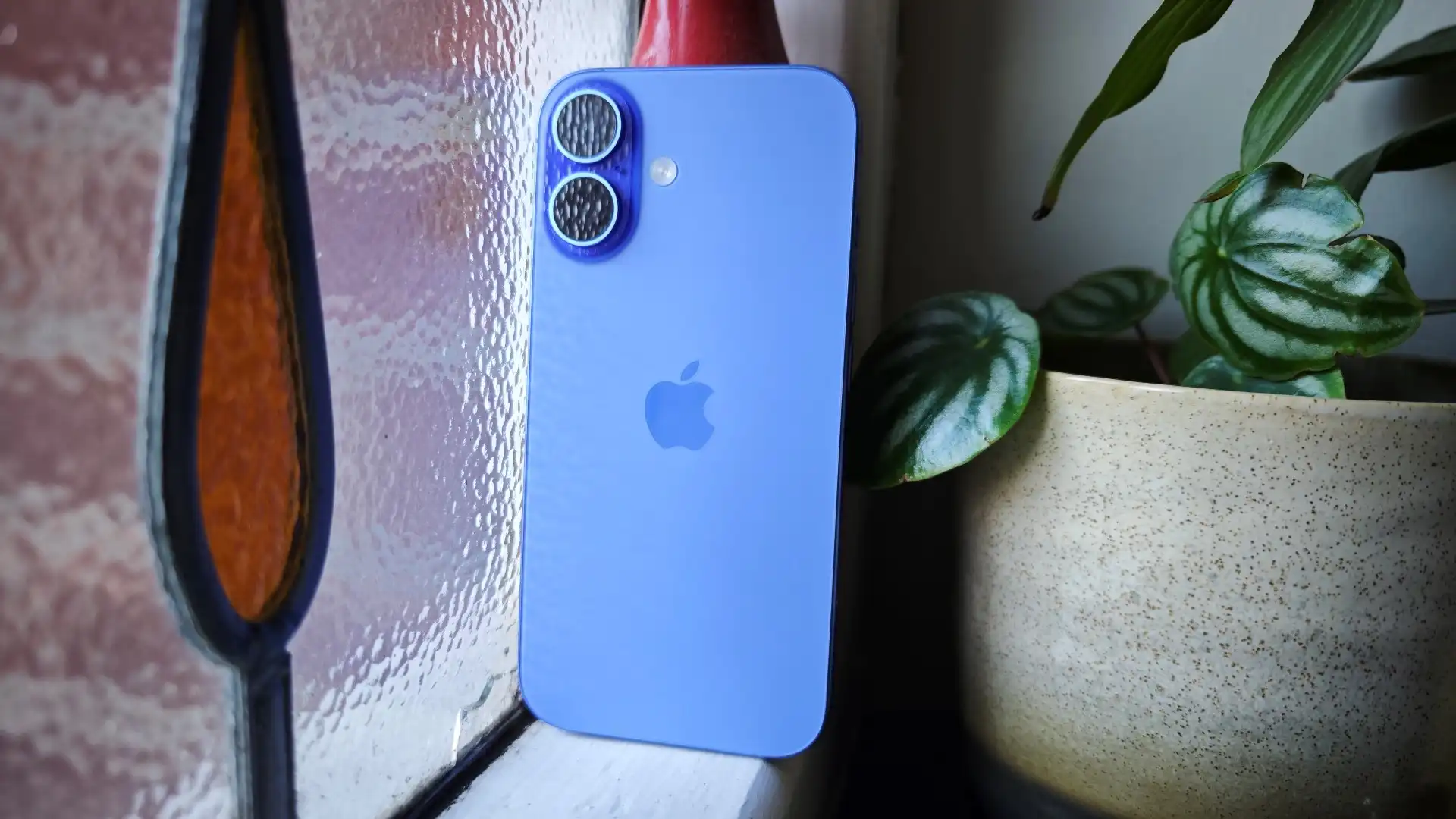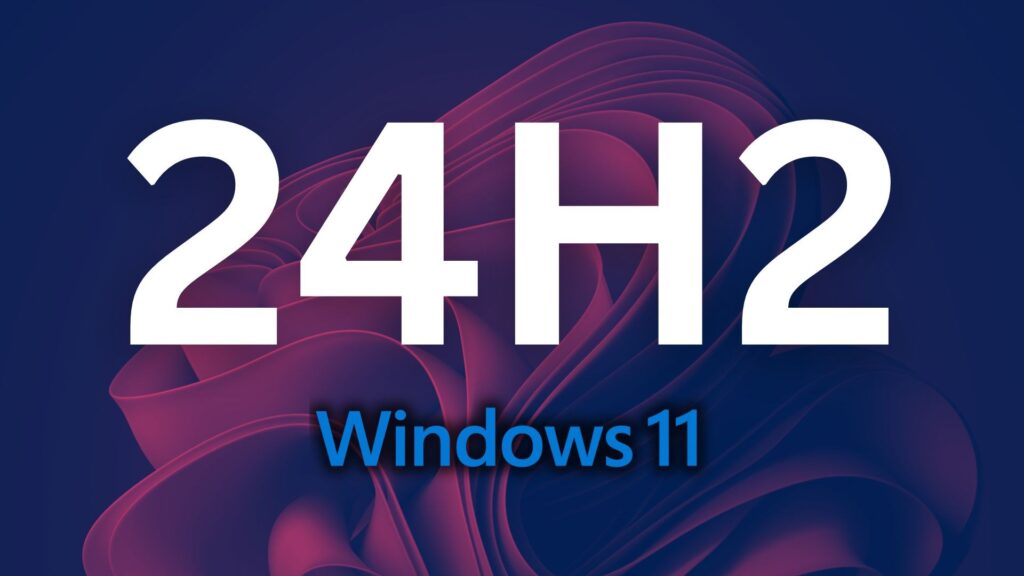
Microsoft’s rollout of Windows 11 24H2 has proven to be quite problematic, leading to a cascade of issues severe enough that Microsoft has implemented update blocks on some affected systems. Recently, on October 24, Microsoft released an optional KB5044384 patch in an attempt to address these issues. Ironically, this patch has introduced a new wave of problems, with many users unable to install it due to multiple errors, including codes such as 0x800f0922, 0x800736b3, and 0xc015001a. Reports indicate that installation failures occur at various stages, some stalling around 90–95% completion, while others encounter errors after the reboot.
Multiple attempts to install the KB5044384 update often lead to repeated failures, causing understandable frustration among users. One user shared their experience of the installation stalling at 30%, followed by a restart and then another freeze at 40%, only to have the update ultimately roll back. It’s not limited to specific hardware configurations either, unlike prior issues where Asus PCs and Western Digital SSDs were particularly vulnerable to crashes.
Even for users who successfully install the KB5044384 update, new issues arise, with Task Manager no longer displaying active processes, hampering system management capabilities. Aware of these widespread issues, Microsoft has assured users it is actively working on solutions.
For those in need of this patch, manual installation remains an option via the Microsoft Update Catalog. However, for users not experiencing any specific bugs tied to the 24H2 update, it may be best to skip KB5044384 altogether. Waiting until the upcoming Patch Tuesday update in early November is a safer approach, as it should address these issues comprehensively.

